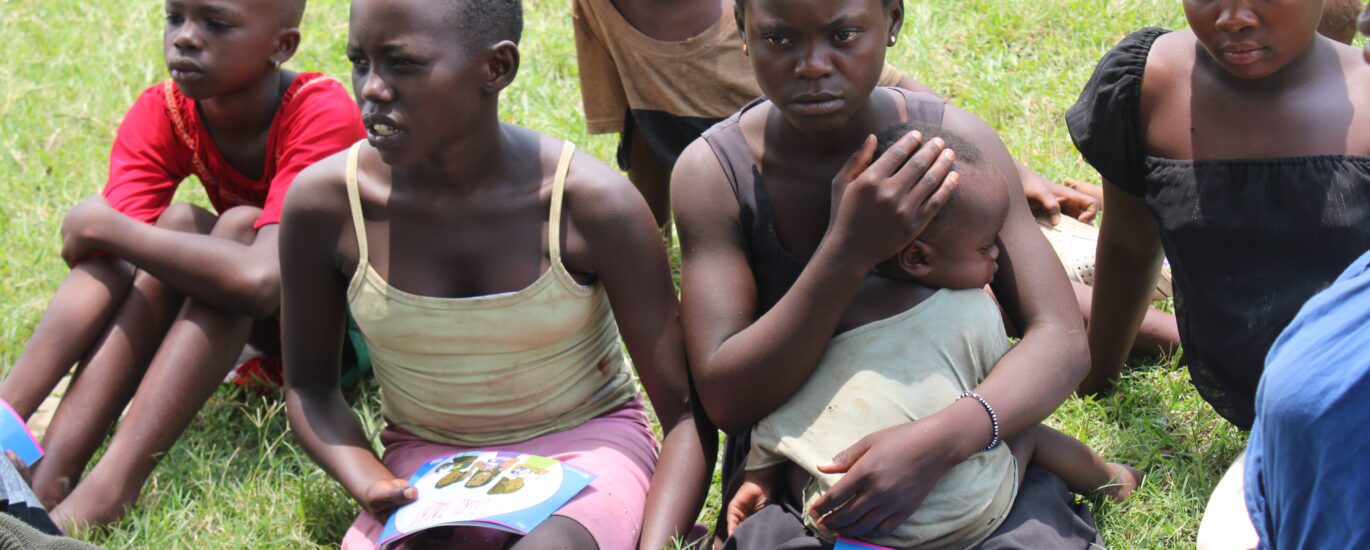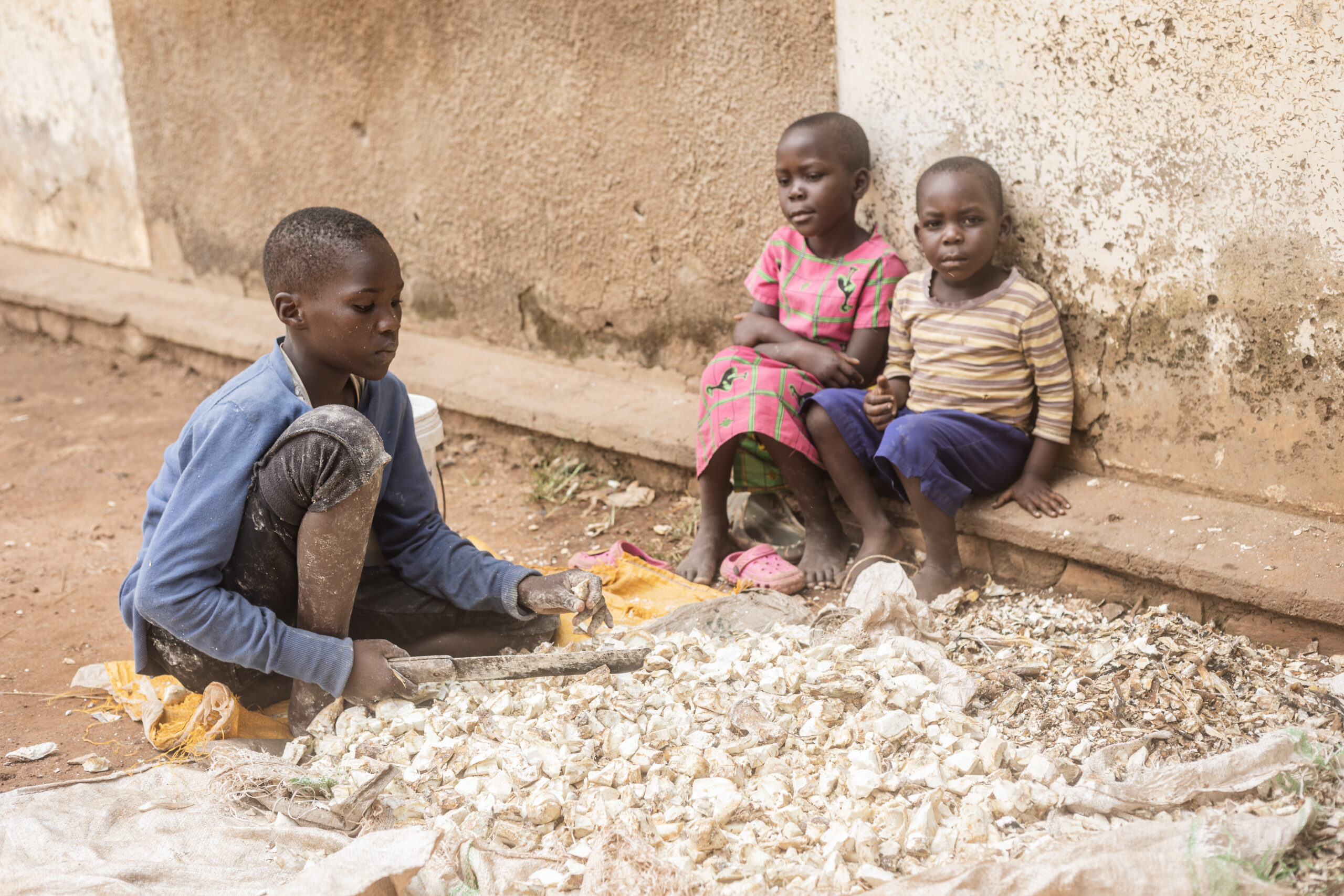Many young girls in Uganda still face challenges in accessing quality education. This lack of or limited access to education has played a major role in the rise of child marriage and teenage pregnancy across the country.
Education is an important tool in empowering girls and young women. When they stay in school they gain knowledge, skills and confidence which can help them make informed decision about their lives. However, in Uganda specifically in rural areas, many girls drop out of school early because of poverty, long distances to school, inadequate facilities and cultural beliefs that prioritize boys’ education over girls
In most cases when girls leave school early, they are often pushed into early marriages. These young brides some as young as 14 years face many health risks like early pregnancies, complications during child bearing and with out education these girls are likely to live in poverty as they lack the skills needed for well-paying jobs.
According to UNICEF 40% girls in Uganda are married off before their 18th birthday and over 24% of girls aged 15-19 have already begun child bearing according to Uganda Bureau of statics (UBOS) the situation is even more alarming in rural areas where girls are twice as likely to be married before 18 years compared to their urban counterparts. The statistics highlight the deep connection between lack of education and the prevalence of child marriage and teenage pregnancy.
The Ugandan government has recognized the importance of education in the fight of child marriage and teenage pregnancy. The National strategy to end child marriage and teenage pregnancy 2022/2023-2026/2027 emphasizes that keeping girls in school is one of the most effective ways to reduce these issues. The strategy outlines several actions which include improving access to education for children especially girls, providing financial support to girls from poor backgrounds and increasing awareness in communities about the importance of girls’ education. The strategy aims to reduce child marriage and teenage pregnancy by addressing the root causes with education being a key focus.
Despite these efforts, challenges still remain, many families still struggle to afford school fees, uniforms and supplies. In most areas schools are far from homes making it difficult for girls to attend regularly. Cultural beliefs and practices also continue to hinder progress as some communities still view child marriage as a way to secure a girl’s future.
At Joy for Children Uganda, we working tirelessly to ensure that every girl has access to quality education. Our projects focus on keeping girls in school, engaging communities in discussions about value of education and the dangers of child marriage and partnering with community leaders to create a supportive environment for girls’ education. We believe that by educating girls we can break the cycle of poverty and reduce the rates of child marriage and teenage pregnancy in Uganda.
To continue our work, we need your support, by investing in girls’ education you can help change lives of countless young girls in Uganda.
Support our mission your contribution can make a difference https://shorturl.at/zYNJM






